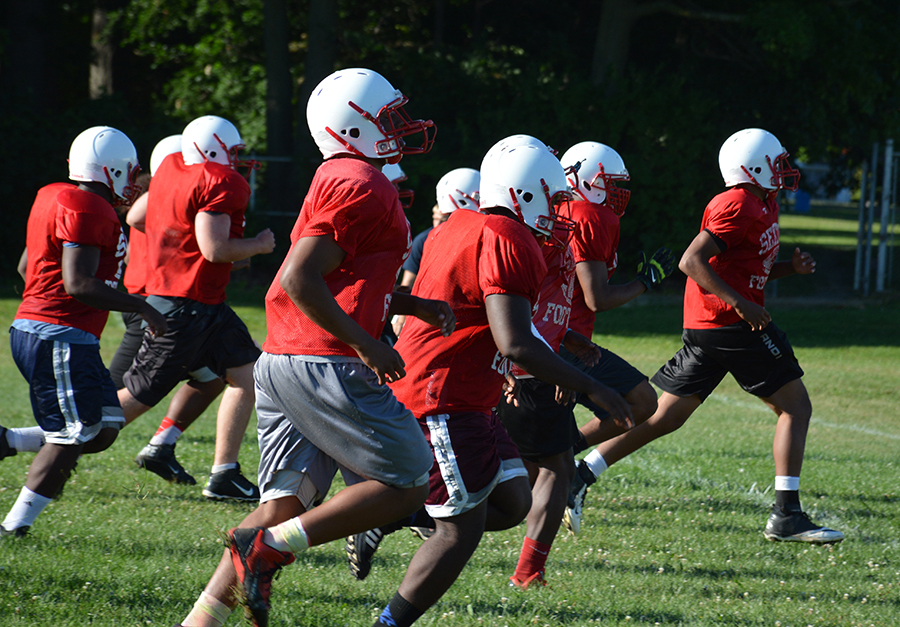The smell of fresh cut grass in August still makes me want to run and hide.
I get flashbacks of red-faced football coaches, whistles blowing, screaming encouraging slogans at me like, “C’mon, son…run! Harder! Faster!” During summer camp, these thoughtful men even had trash cans placed strategically about the field so we players could pause, throw up, then resume our exhausting training runs.
Why this almost sadistic obsession to get us in shape? Because our coaches understood what Vince Lombardi said so long ago. “Fatigue makes cowards of us all.” They knew that if we got tired in the fourth quarter of a big game, we’d panic and quit. So, they pushed us. Relentlessly! They wanted us to develop the invaluable quality of endurance.
Here’s the truth: Fatigue and fear aren’t limited to football. They can also derail your financial life.
For most of us, winning at the financial game takes a long time and much patience. Fatigue can set in at any number of points along the way: it can occur when you first start out and you’re trying to save up that first layer of financial preparedness, the emergency fund.
If you’ve gotten yourself into debt and now decide you need to get out, it can take years. Even if you’ve got a plan to be debt free in seven years, that goal can seem a very long way off about year two of the plan.
It also happens in investing. Markets do what markets do, fluctuating up and down. Your investment account may have reached a milestone (six figures? Seven?!), then ridden the roller coaster back down into the cellar. “What’s the use!” you think in frustration. You experience financial fatigue. You get scared. You throw in the towel and decide you didn’t want to take all that risk anyway. Having sold your growth investments and “gone to cash,” your losses are locked in, with no prospects of regaining their lost value.
So how do you avoid letting financial fatigue make a quitting coward out of you? Here are four suggestions:
1. Get a coach. Not everyone needs a coach, but most do. Bob Nardelli, former CEO of Home Depot said, “I absolutely believe that people, unless coached, never reach their maximum capabilities.”
If you could have done all the things you need to do to become financially healthy on your own, you already would have done them. If you haven’t reached your full potential on your own so far, stop wasting time and get a coach. A financial coach likely needs to be a financial planner or other advisor who can give you advice on your overall situation, not just one facet.
2. Let yourself dream. Have you forgotten how to dream? We all used to do it freely when we were children. But life and circumstances have a way of beating our dreams out of us.

But dreams are powerful things. They can keep us motivated when fatigue begins to set in. Dreams aren’t optional. They’re essential (not to mention fun!).
3. Make a plan. Ah, here we go! This is where you and your coach formulate a plan for how you’re going to get from your current circumstances to your dream future. The plan needs to be written, with a step-by-step action plan.
4. Stay the course. Dwight Eisenhower said plans are worthless, but planning is essential. He meant that our plans almost never happen the way we envision them (that would be fortune telling). But the skill of planning enables us to adapt and pivot along the way. And that’s the secret. Start with a plan, then update it regularly.
Has financial fatigue caused you to quit…maybe more than once? Does it have you on the verge of waving the white flag?
Then get a coach, dream big dreams, make a plan and stay the course.
Don’t let the fear of financial fatigue make a quitter out of you.
Argent Advisors, Inc. is an SEC-registered investment adviser. A copy of our current written disclosure statement discussing our advisory services and fees is available upon request. Please See Important Disclosure Information here.

